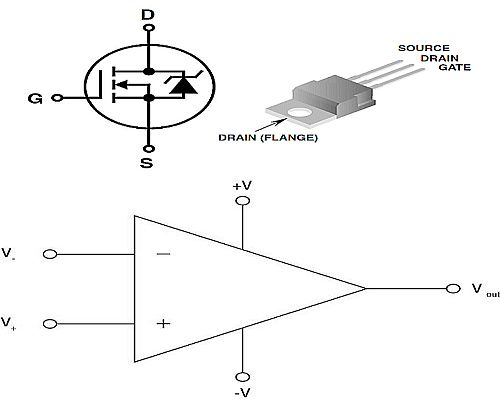Visit https://thermofisher.com/bctl to register for your free Bringing Chemistry to Life T-shirt and https://www.alfa.com/en/chemistry-podcasts/ to access our episode summary sheet, which contains links to recent publications and additional content recommendations for our guest.
The unstoppable progress in computational power that we have experienced in the last few decades, and that has changed the world as we know it, is almost entirely due to the relentless efforts of cramming an increasing number of transistors in microprocessors. Moore’s law, predicting a linear increase in microchip transistor density, doubling every two years, has been consistently proven right, but we are now approaching physical limitations as resolution breaking the 5 nm barrier is quickly approaching molecular dimensions. This is why many think Moore’s law is dead and this is why Rudy Wojtecki and the conventions-challenging teams at IBM Almaden Research Center are working on developing new paradigms for the computers of the future.
Rudy is a polymer chemist by background and a true multidisciplinary scientist at heart. His work on self-assembling polymers and surface chemistry is innovating the way microchips are manufactured, and the way research is done at Almaden is providing a brilliant example of different scientific disciplines working together to accelerate progress.
We read every email so please share your questions and feedback with us!
- Email helloBCTL@thermofisher.com
About Your Host
Paolo Braiuca grew up in the North-East of Italy and holds a PhD in Pharmaceutical Sciences from nearby esteemed University of Trieste, Italy. He developed expertise in biocatalysis during his years of post-doctoral research in Italy and the UK, where he co-founded a startup company. With this new venture, Paolo’s career shifted from R&D to business development, taking on roles in commercial, product management, and marketing. He has worked in the specialty chemicals, biotechnology, and pharmaceutical markets in Germany and the UK, where he presently resides.
He is currently the Director of Global Market Development in the Laboratory Chemicals Division at Thermo Fisher Scientific™ which put him in the host chair of the Bringing Chemistry to Life podcast. A busy father of four, in what little free time he has, you’ll find him inventing electronic devices with the help of his loyal 3D-printer and soldering iron. And if you ask him, he’ll call himself a “maker” at heart.














